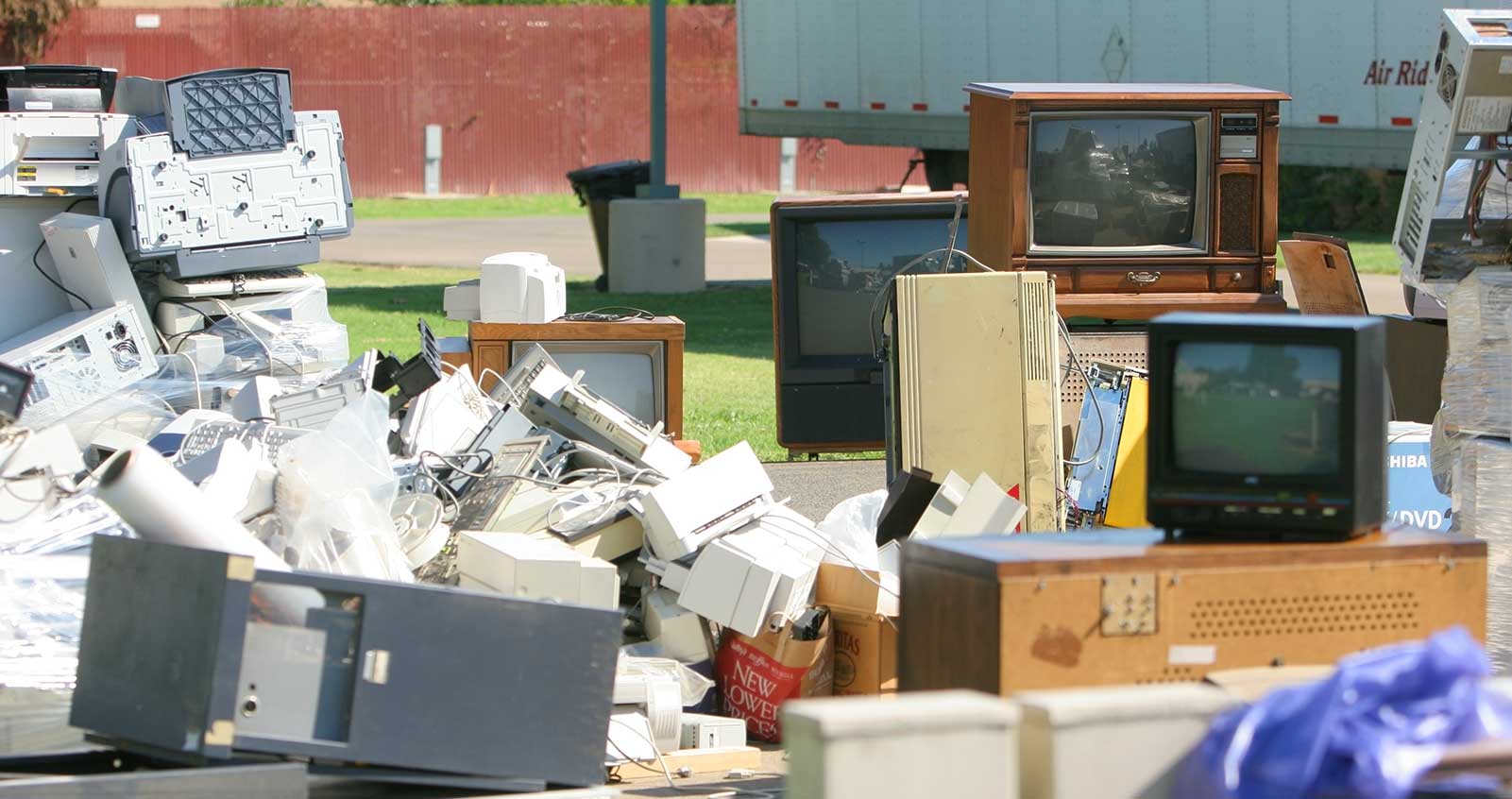Avoiding Yard Waste Accumulation
Posted on 30/11/2024
Yard waste accumulation isn't just an eyesore; it can also become a breeding ground for pests, disrupt the ecological balance, and burden local waste management systems. Understanding how to effectively manage and minimize yard waste can lead to a healthier, more sustainable living environment. This article will explore practical strategies for avoiding yard waste accumulation, including composting, mulching, regular maintenance, and community recycling programs.
Understanding Yard Waste
Yard waste, also known as green waste, includes grass clippings, leaves, branches, and other organic materials that accumulate from gardening, landscaping, and lawn care activities. While these materials are biodegradable, improper management can lead to an overwhelming pile of waste that takes up space and attracts unwanted pests. Efficiently handling yard waste is crucial to maintain both an aesthetically pleasing yard and a healthy community ecosystem.

Composting: Turn Waste into Nutrient-Rich Soil
One of the most effective ways to manage yard waste is through composting. By breaking down organic materials, composting transforms what would be waste into valuable, nutrient-rich soil. Here's how you can start composting:
- Set Up a Compost Bin: Choose a location for your compost bin that is well-drained and receives partial sunlight. You can purchase a compost bin or make one using wooden pallets or wire mesh.
- Layering Materials: Alternate between layers of green materials (such as grass clippings and vegetable scraps) and brown materials (such as leaves and small branches). This balance helps to maintain necessary moisture and air flow needed for proper decomposition.
- Maintain Your Compost: Turn your compost pile every few weeks to aerate it and speed up the decomposition process. Ensure it remains moist but not too wet.
- Use the Compost: After a few months, your compost should be ready to use as a rich fertilizer for your garden. This not only reduces yard waste but also enhances soil quality and plant health.
Mulching: Recycling Yard Waste Directly Back into Your Yard
Mulching is another sustainable yard waste management method. This process involves spreading organic materials, such as grass clippings or shredded leaves, over your garden beds and around trees. Mulching has several benefits:
- Moisture Retention: Mulch helps to retain soil moisture, reducing the need for frequent watering.
- Weed Control: A thick layer of mulch can suppress weed growth, leading to less time spent weeding.
- Temperature Regulation: Mulch acts as an insulator, keeping soil temperatures more consistent and protecting plant roots from extreme conditions.
- Soil Enrichment: As mulch breaks down, it adds organic matter to the soil, improving its structure and nutrient content.
Regular Yard Maintenance: Keeping Accumulation at Bay
Regular maintenance is key to preventing yard waste from becoming an overwhelming problem. Some essential practices include:
- Frequent Mowing: Regularly mow your lawn to maintain an even height and prevent an excessive buildup of grass clippings. Mowing your grass once a week during the growing season often suffices.
- Pruning and Trimming: Regularly prune trees, shrubs, and plants to remove dead or overgrown branches. This not only reduces yard waste but also promotes healthier plant growth.
- Leaf Management: Instead of letting leaves accumulate, rake them regularly and either compost them or use them as mulch.
- Seasonal Cleanup: Conduct thorough yard cleanups during seasonal changes, particularly in the fall and spring. Remove dead plants and other debris to keep your yard tidy year-round.
Community Recycling Programs: Collective Efforts for Waste Management
Many communities offer yard waste recycling programs that provide convenient and environmentally friendly disposal options. These programs can include curbside pickup, drop-off centers, and special collection days for organic waste. Participating in these programs can have multiple benefits:
- Proper Disposal: Yard waste collected through community programs is often composted or mulched by local facilities, reducing landfill waste.
- Reduced Workload: Utilizing community services can save you time and effort involved in transporting or managing yard waste on your own.
- Environmental Impact: Organized yard waste recycling helps reduce greenhouse gas emissions associated with landfill waste and promotes sustainable practices in the community.

Using Yard Waste Reduction Tools
Several tools and equipment can aid in reducing yard waste accumulation:
- Garden Shredders: These machines can shred branches and leaves into finer pieces, making them easier to compost or mulch.
- Leaf Blowers and Vacuums: These tools can help gather leaves and small debris quickly, facilitating easier composting or recycling.
- Grasscycling: This practice involves leaving grass clippings on the lawn after mowing. The clippings decompose quickly, returning nutrients to the soil and minimizing waste.
Conclusion: A Commitment to Sustainability
Effectively managing yard waste requires a combination of strategies, thoughtful planning, and community involvement. By composting, mulching, maintaining your yard, participating in community recycling programs, and using the right tools, you can significantly reduce yard waste accumulation. These practices not only benefit your immediate environment but also contribute to broader ecological sustainability. Taking these steps will ensure that your yard remains a beautiful, healthy, and waste-free space for years to come.




